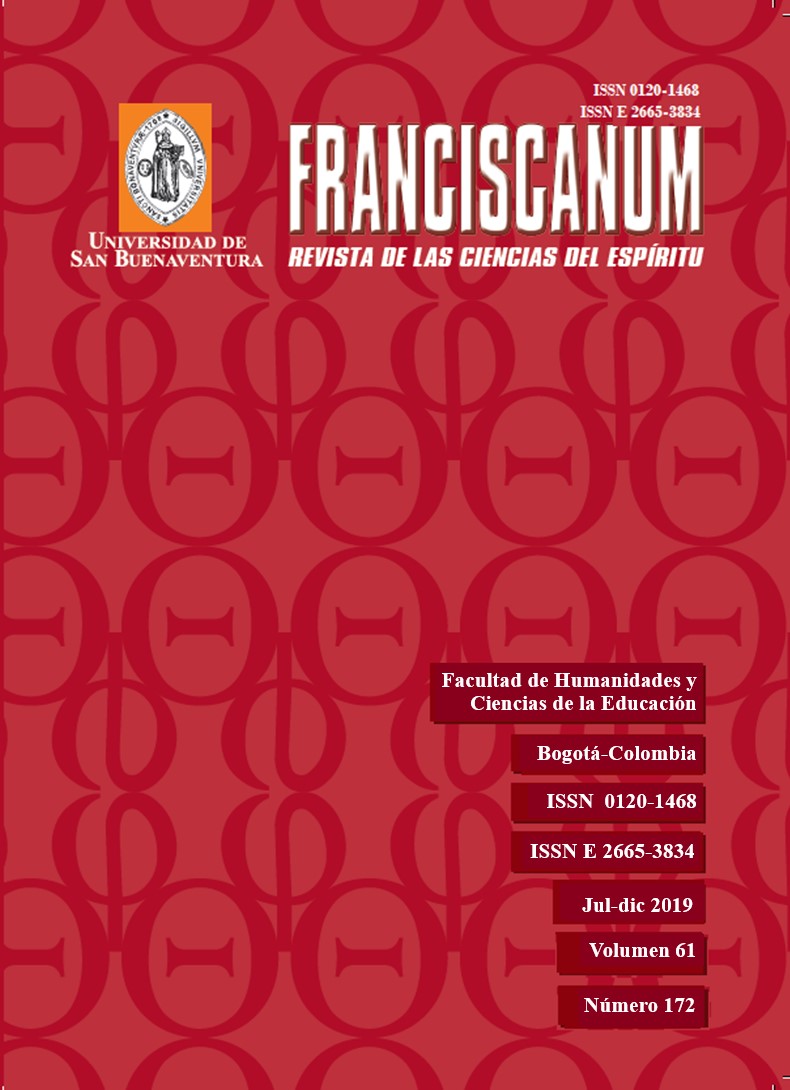This journal provides immediate open access to its content, based on the principle that giving the public free access to research helps a greater global exchange of knowledge.
Therefore, the Creative Commons 4.0 Attribution Attribution - Equal Share (by-sa) License is accepted: The commercial use of the work and the possible derived works is permitted, the distribution of which must be done with a license equal to that regulates the original work.
http://creativecommons.org/licenses/by-sa/4.0/
Along these same lines and in line with the Open Access policy, it is clarified that the authors maintain their rights to articles, without restrictions and, in the same way, they maintain their publication rights, without restrictions. They are only asked to reference the number of the Franciscanum magazine where the article initially appeared.
Abstract
The Church of Latin America and the Caribbean receives from the Second Vatican Council a critical and prophetic force, which is evident in the Second Conference of the Episcopate, gathered in Medellín, celebrated in 1968. From the originality of our Amerindian, this Council assumes, integrates and translates its inspiration and fundamental paths. The church we are witnessing today, 50 years after Medellin, has been built since there. Proof of this, on this continent, are those communities that testify to a liberating and merciful church, Nazarene and Samaritan, a church that is a people of God and of the poor, a community church of communities and always on the way out. Communities that have worked for the sake of peace, justice and the dignity of all; in a real search and response of organization, of struggle against the oppression and exploitation of any order.



















